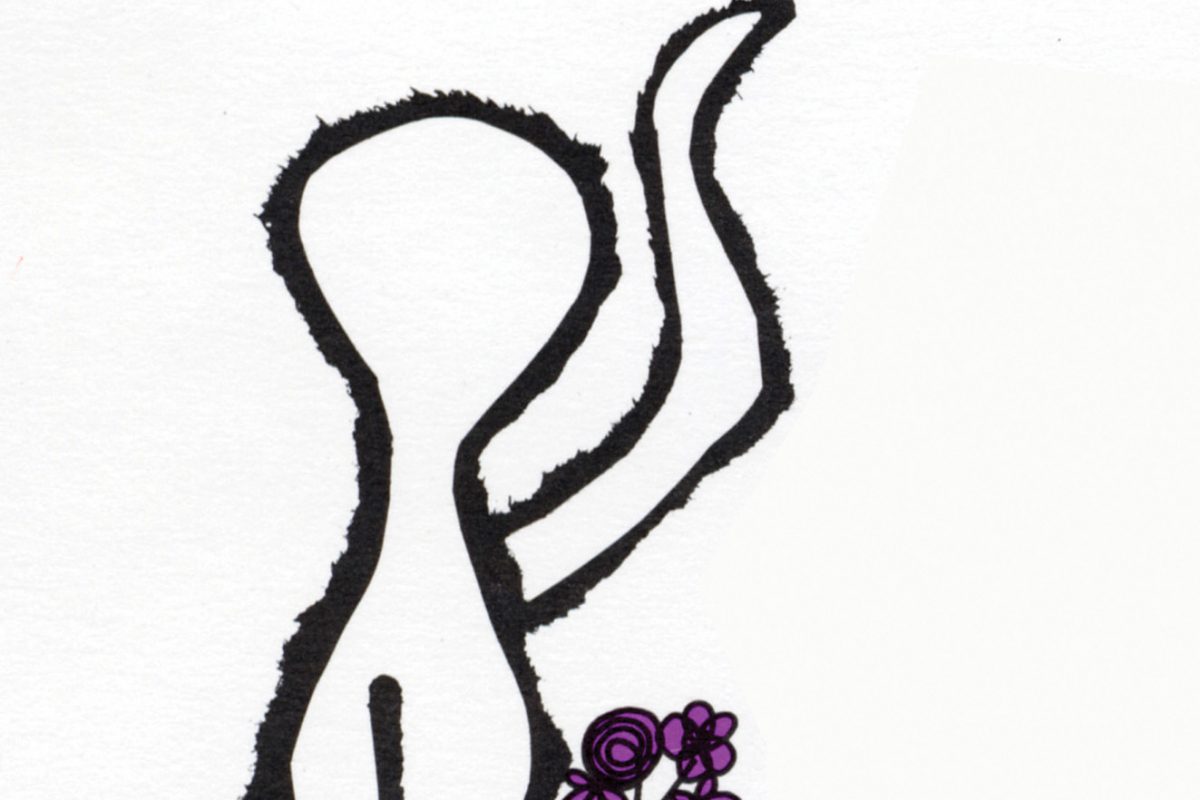
A reflection by Héctor Acero Ferrer on the Feast of the Ascension. Readings: Acts 1.1-11; Ephesians 1.17-23 or Hebrews 9.24-28, 10.19-23; Gospel: Luke 24.46-53.
Reflecting on the Feast of the Ascension is not a particularly easy task. Jesus’ departure from this world is one of those scriptural narratives that I struggle to articulate in my life as a Christian. I am aware that this story is meant to be a source of inspiration for new generations of disciples—a harmless account of the departure of the Saviour from our midst and an opening to the era of the New Covenant. However, when I attempt to place this narrative in the context of salvation history, a number of questions emerge: Why did Jesus leave? Why so soon? Why did he not stay with us through the turmoil of history? What does the Ascension say about God’s care for us?
At the moment of the Ascension, Jesus of Nazareth—Emmanuel (God with us)—left the world behind as he reunited with the Father. How should we understand this story to avoid interpreting it as a tale of abandonment? Because of this, I argue, the paternal images of the Old Testament in which God constantly breaks into history and speaks to the People of Israel must be re-evaluated in our post-Ascension world.
In relating to Biblical stories, our mission as contemporary Christians is to create bridges, to envision ways of making the scriptural message relevant to us in our contexts. Our task in the case of the Ascension is to find a tool to make sense of the new ways in which God is present for us after Jesus’ departure. But where can we find a current example of this presence?
Perhaps we are called to understand God’s presence, in this post-Ascension world, as the presence of a mother.
To res pond to this challenge, it is very timely that this Sunday, in addition to being the Feast of the Ascension, is Mother’s Day. Perhaps we are called to understand God’s presence, in this post-Ascension world, as the unique presence of a mother. In direct contrast with the highly intervening Father of most of the scriptural narratives, the end the Bible presents to us a motherly figure, someone whose presence is felt in the quiet, reserved to those who listen intently, carefully, with their hearts.
pond to this challenge, it is very timely that this Sunday, in addition to being the Feast of the Ascension, is Mother’s Day. Perhaps we are called to understand God’s presence, in this post-Ascension world, as the unique presence of a mother. In direct contrast with the highly intervening Father of most of the scriptural narratives, the end the Bible presents to us a motherly figure, someone whose presence is felt in the quiet, reserved to those who listen intently, carefully, with their hearts.
I believe that this new sense of God’s presence, very foreign to our intellectual tradition, is a type of relationship we can only understand through our everyday experiences of motherly love.
How many of us, in moments of great distress, want to return to the unfailing presence of our mothers? Independently from the state of our relationship, we know that when we are cornered by life’s adversities we can always go to our mothers for that ultimate support. Although God the Father should not be forgotten, we are called to look elsewhere to properly witness the fullness of the future that God has prepared for us; we should pay close attention to our mothers.
I am originally from a land in which, due to the challenges of war, poverty, and decline, women have taken up the roles that the Western world often assigns to men in the construction of society. My own mother is one of these fighters. She is not a warm and fuzzy kind of person but someone who illustrates, in each of her actions, the idea of care, presence, and love signaled by the New Testament. In a profound way, she is always present, even when she is absent. I firmly believe this is how we are supposed to understand God’s presence in the post-Ascension world. Through his departure, just like a mother, Jesus retreats to a place in the horizon, watching over us and allowing us to be free as he waits patiently for that desperate call we will inevitably make when we have lost our direction.
God cares and is intensely present. The only action we need to undertake to experience this presence is to replicate with Jesus what we do with our mothers, namely, to call him with an open heart and allow him to guide us in our journey.
To all the inspirational women out there, Happy Mother’s Day!
Héctor Acero Ferrer is the Educational and Development Liaison Officer for the Scarboro Missions Interfaith Department. In addition, he is adjunct faculty at Wilfred Laurier University and a research assistant at the Centre for Philosophy, Religion, and Social Ethics at the Institute for Christian Studies. Héctor holds a Master of Divinity and a Bachelor of Sacred Theology from the Toronto School of Theology, and a Bachelor of Arts from the University of Toronto.
